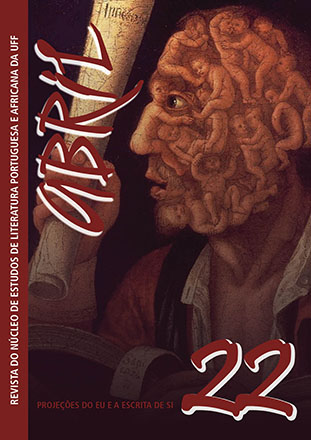'Lusitania' by Almeida Faria: between historiographical fiction and autobiographical testimony
DOI:
https://doi.org/10.22409/abriluff.v11i22.29979Keywords:
historiographical fiction, autobiographical fiction, identity, epistolary, polyphony.Abstract
Lusitania by Almeida Faria is an epistolary novel in which we witness the correspondence exhanged among several members descending from the same middle class family, bourgeois countrymen. Far apart, due to political and social evolution reasons, linked to the period, throughout the year of 1974, the characters tell each other their thoughts, their reactions (or lack of reaction), but, above all, their doubts regarding the political upheaval and its first consequences. We will show how the narrative’s epistolary polyphonic structure underlines the post-April 25th distress felt by part of the Portuguese population and which is widely represented in the Portuguese novel from the end of the 20th century. However, this also reveals the author’s scepticism concerning the evolution of his country.
Downloads
Downloads
Published
How to Cite
Issue
Section
License
I authorize the journal Abril - NEPA/UFF to publish the paper of my authorship/responsibility that I now submit, in case it is accepted for online publication.
Moreover, I declare that this contribution is original, that it was not submitted to any other editor for publication, and I sign the present declaration attesting the truth of all its contents.
The copyright of the works published at the virtual space of the journal Abril - NEPA/UFF are automatically entitled to the journal. Their total or partial reproduction is conditioned to the authors' citations and publication data.

Abril is licensed under a Creative Commons - Attribution-NonCommercial 4.0 International (CC BY-NC 4.0).









